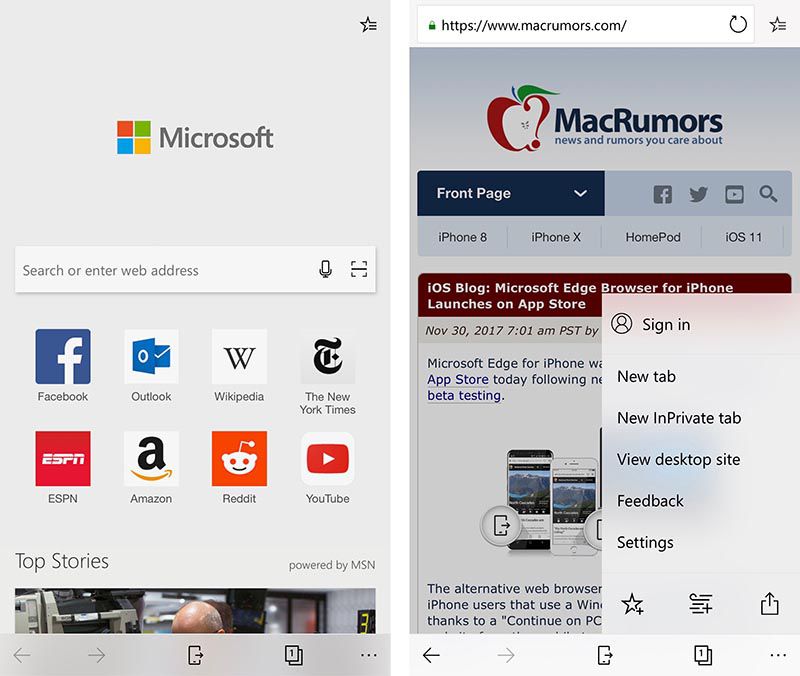

It does not store any personal data.In the past, the obvious go-to has been Firefox, which is owned by a non-profit (Mozilla) and offers a genuine focus on helping users be more private and secure as they browse the web. The cookie is set by the GDPR Cookie Consent plugin and is used to store whether or not user has consented to the use of cookies. The cookie is used to store the user consent for the cookies in the category "Performance". This cookie is set by GDPR Cookie Consent plugin. The cookie is used to store the user consent for the cookies in the category "Other. The cookies is used to store the user consent for the cookies in the category "Necessary". The cookie is set by GDPR cookie consent to record the user consent for the cookies in the category "Functional". The cookie is used to store the user consent for the cookies in the category "Analytics". These cookies ensure basic functionalities and security features of the website, anonymously.

Necessary cookies are absolutely essential for the website to function properly. In third place is Samsung Internet, which is used as its own browser on Samsung’s Android devices and has a market share of 4.9 percent. Apple can achieve a value of 25.35 percent with its Safari on the iOS systems. Market shares are split accordingly: Google Chrome, which is used as the default browser on most Android installations, is in the first place.


Because there are very few users who use an alternative browser on their mobile platform. Mobile takes place without EdgeĪ look at the mobile sector paints a completely different picture. The well-known Opera, for example, only has 2.44 percent. In fourth place, the open-source browser Firefox, with 7.86 percent, can join the small group of browsers that actually realize a significant part of the use. This puts the two browsers far behind Google Chrome, which clearly dominates the market at 66.64 percent. Safari, on the other hand, remained fairly stable at 9.61 percent. This is based on data from the statistics service StatCounter shows which measures the share of use of the browsers on approximately 2 million websites from around the world.Īccording to these figures, the Edge came in April after rising 0.46 percentage points to a share of 10.07 percent. This makes Microsoft’s new browser the second most used desktop browser after Google’s Chrome, on whose codebase it is based. For the first time, Edge has managed to gain a higher market share than Apple’s Safari. With its Edge browser, Microsoft can’t even come close to building on the market dominance of the former Internet Explorer, but at least the Redmond-based company can now celebrate significant symbolic success.


 0 kommentar(er)
0 kommentar(er)
